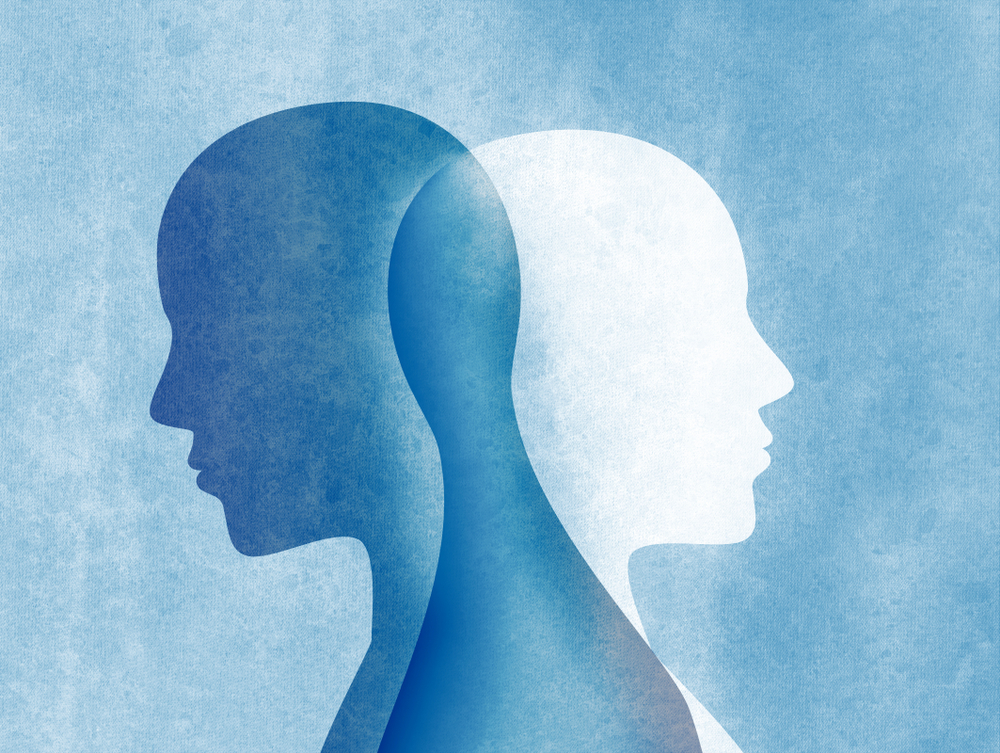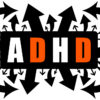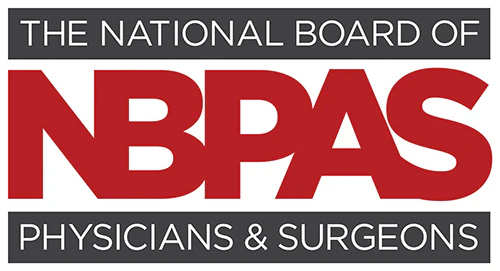A psychiatric disorder, also referred to as a mental disorder or a mental illness, is characterized by a “clinically significant disturbance in an individual’s cognition,
emotional regulation, or behavior…
it is usually associated with distress or impairment in important areas of functioning.” While there are many different psychiatric disorders, the more common types include:
- Depression: As explained by the World Health Organization (WHO), depression is “characterized by persistent sadness and a lack of interest or pleasure in previously rewarding or enjoyable activities,” resulting in significant impairment in one’s daily life.
- Anxiety disorders: The Diagnostic and Statistical Manual of Mental Disorders, Fifth Edition (DSM-5) list five different types of anxiety disorders which include: generalized anxiety disorder (GAD), obsessive-compulsive disorder (OCD), panic disorder, post-traumatic stress disorder (PTSD) and social anxiety disorder (also known as social phobia). According to the American Psychiatric Association (APA), close to thirty percent of adults in the U.S. struggle with an anxiety disorder at some point in their lives.
- Eating disorders: In a very broad sense, eating disorders are characterized by severe disturbances in people’s eating behaviors and related thoughts and emotions. The three main types eating disorders include anorexia nervosa, bulimia nervosa, and binge eating disorder (BED).
- Personality disorders: As defined by the APA, personality disorders are “long-term patterns of behavior and inner experiences that differs significantly from what is expected.” The DSM-5 list ten standalone personality disorders and based on similar characteristics, each personality disorder is grouped into one of three categories (i.e., cluster A, cluster B, and cluster C).
Data presented from the 2020 National Survey on Drug Use and Health (NSDUH) found that twenty-one percent of all U.S. adults, which is equal to an estimated 52.9 million adults aged eighteen or older, in America live with AMI (any mental illness). Of the nearly one in five adults with AMI, 24.3 million (46.2%) received mental health services in the past year.
Treatment
There are a variety of mental health treatment options available to those in need, and the path of recovery will not be the same for everyone. For some, integrating a combination of psychotherapy and medication into one’s mental health treatment plan may provide optimum chances for a successful outcome. However, medication is not always needed, nor is it a required component of all mental health treatment plans.
Furthermore, it is becoming increasingly common to integrate traditional psychotherapeutic methods, such as cognitive behavioral therapy (CBT), dialectical behavior therapy (DBT), psychodynamic psychotherapy, interpersonal therapy (IPT), and more, along with holistic treatment modalities into mental health recovery plans. Holistic treatment modalities that may be integrated into one’s treatment plan could include, but are not limited to, the following:
- Massage therapy
- Reiki: is defined as “an energy healing technique that promotes relaxation, reduces stress and anxiety through gentle touch.”
- Tai Chi: is defined as a “noncompetitive, self-paced system of gentle physical exercise and stretching.”
- Nutritional therapy
- Yoga
- Meditation: is defined as “a set of techniques that are intended to encourage a heightened state of awareness and focused attention.”
- Acupuncture: is defined as “an originally Chinese practice of inserting fine needles through the skin at specific points, especially to cure disease or relieve pain.”
- Biofeedback: is explained as “a mind-body therapy that can improve physical and mental health.”
Much like treatment plans are reflective of one’s distinct needs, many individuals find that the healing process can be enhanced through incorporating a combination of both traditional treatment methods and holistic treatment practices, which ultimately promotes long-term recovery.
Further Information and Support
The challenges that arise from living with mental illness can quickly become all-consuming and impossible to navigate. Proper diagnosis and treatment can significantly improve one’s overall well-being and quality of life. Seeking help is never easy, but you are not alone! We at Arizona Psychiatric Health, believe in the uniqueness and complexity of every individual. We strive for excellence in systematic evaluation; and provide unparalleled psychiatric services that focus on professionalism, compassion, discretion, and optimal outcome to ease the pain of mental illness, and to help our patients achieve their fullest potential.
If you or someone you know needs mental health treatment, we strongly encourage you to pursue professional guidance as soon as possible. We are available to answer any questions and are certainly happy to discuss how we might best be able to help you or your loved one cultivate a healthy, authentic, and fulfilling life that both promotes and supports true wellness. Feel free to contact us by phone at 602-883-2318 or via email. We look forward to supporting you on your journey.






